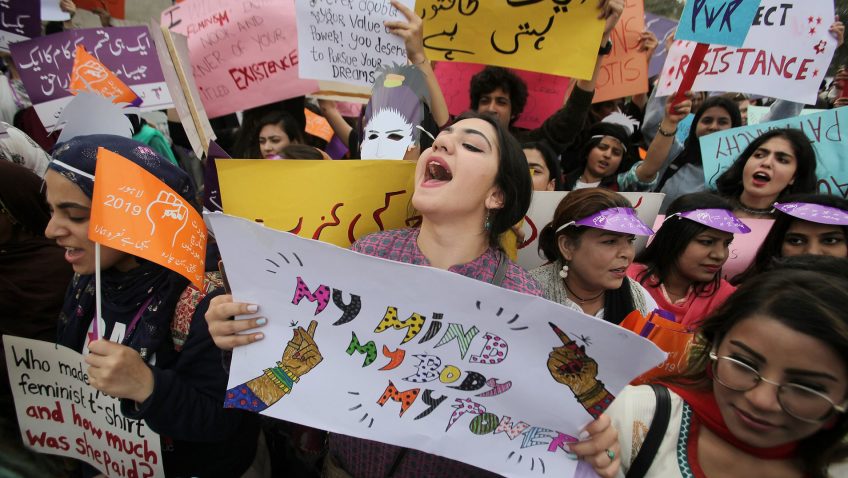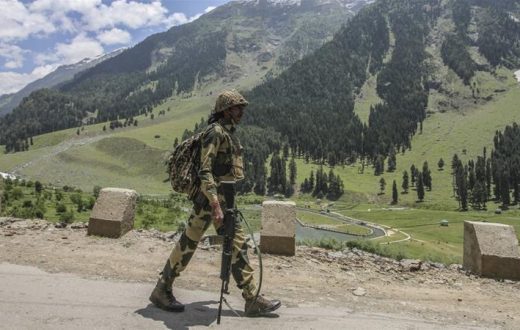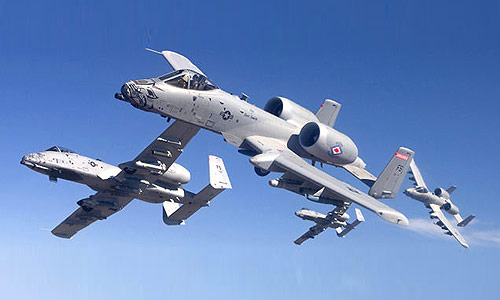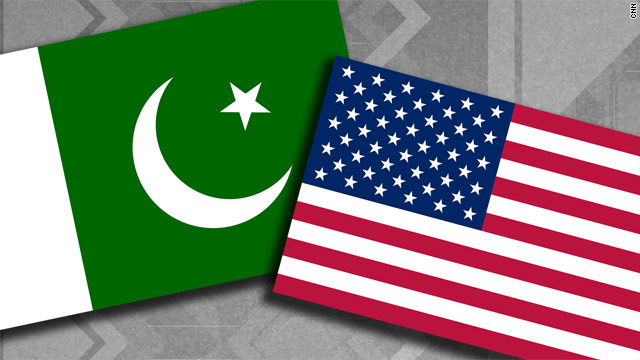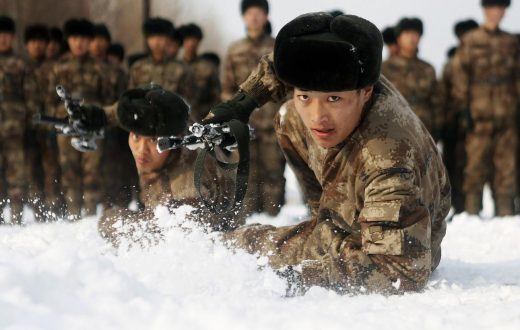Understanding Feminism in Pakistan
“There are two powers in the world; one is the sword and the other is the pen. There is a great competition and rivalry between the two. There is a third power stronger than both, that of the women.”
(Quaid-e-Azam Mohammad Ali Jinnah)
In Pakistan, feminists have been struggling for decades in order to achieve their civil rights and freedoms of expression. Particularly after 9/11, Islam has remained a centre of debate in the world media, resulting in the emergence of countless false presumptions regarding the religion, with “victimization of the Muslim women” being one of the most popular one. Hence, due to repeated emphasis by the West on women rights or the need for feminist movements in Pakistan, the conservatives in Pakistan began to see feminism as the “construct” of the West which should stay away from the Islamic culture at any cost.
But what does feminism actually mean? Dr Khalid Manzoor Butt and Jaweria Shahid pronounced it in their 2012 study, entitled “Position of Pakistani Women in the 21st Century” as “Feminists are those who dare to break the conspiracy of silence about oppression, unequal relationships between men and women and who want to change it,” they write. “All feminist pursuits are aimed at social movement acquiring rights for women from society.” However, considering this, it seems that feminism in Pakistan seems to be a delusion. Ever since the inception of Pakistan in 1947, women have been facing exploitative and manipulative treatment at the hands of their male counterparts, for example, the prevalence of the ideas of male dominance by rape, vani, honor killings, forced marriages, child marriages, male heir, acid attacks, and watta-satta, among many others.
Broadly speaking, we can classify feminism in Pakistan into two categories: Modern or Islamic Feminism and Secular Feminism. Islamic feminism is the branch mostly accepted by middle strata of the society which refers to the religion in their search for answers. Famous Islamic feminists are Amina Wadud, Riffat Hassan and Asma Barlas. While, secular feminism is a branch that emphasizes basic individual rights regardless of any religious associations. On this basis, secular feminists like Fouzia Saeed and Shehnaz Rouse are often labeled as the protagonists of the Western culture.
However, what needs to be realized by the masses in Pakistan is that feminism is neither an entirely novel concept, nor it is incongruous with Islam. In fact, Islam was the first religion to ever grant a respectable status to women at the time when the fate of the newborn girls was to get buried alive. There are countless quotes from Quran, Ahadith, and Islamic scholars promoting women rights including that of marriage, divorce, education, and inheritance. The question that arises over here is why the people who uses the religion card to constrain women within the four walls of the house, does not see the prominence and respect given to women by the same religion? Why there still exists such huge conundrum among the Muslims in accepting whatever advocates their interests and avoiding whatever negates them? Why do they believe that education is not necessary for women but still find a female doctor for the women in their families? There seems to exist hypocrisy in our society concerning our women at all levels.
Historically, women have always been standing up for their rights, for instance, Fatima Jinnah played a crucial role in awakening women rights, after and even before Pakistan became independent. Soon after independence in 1947, Begum Ra’ana Liaquat Ali Khan established the All Pakistan Women’s Association (APWA) to raise the standard of women in all domains. Since then, women have been promulgating for the assurance of their rights, but the actual wave of feminism had started in the era of General Zia-ul-Haq in 1980, particularly in strong opposition to his controversial enactment of the Hudood Ordinance penal code; the crux of which was to present four eye-witnesses if the women want their claims of being raped acceptable. In its response, a new organization named Women’s Action Forum (WAF) was established in 1981, to advocate for the women who don’t have enough means to do it for themselves. The WAF hugely contributed to many women-friendly bills, for instance, Criminal Law Amendment Act, the Status of Women Bill, Protection of Women Act, the Criminal Acid Act, the Anti-Sexual Harassment Bill, and even regulations to prevent honor killings, and other obstacles faced by them.
Feminism is not the rule of women over men or the movement to overpower men. It is rather the call for gender equality and self determination. However, looking at the other side of the story, it can be said that the way it is being perceived in Pakistan, recently, is quite extreme which is in fact hurting its real cause and credibility rather than helping it. For example, the 2019 “Aurat March”, while being the most exciting event for the feminist was also a very controversial one, owing to some of the slogans used in the march e.g. “Mera Jisam Meri Marzi (My Body My Choice)”. Even the women had showed criticism over some of its points or agendas, such as Television host Madiha Masood said that, “I will not encourage my daughter to depict inappropriate hand gestures, hold a cigarette in her fingers and say, ´My time has come´. I´m very sorry, I wouldn´t want such a daughter.”
And by looking closely, one would know that this is the voice that represents majority of the women in Pakistan. Most women do not want the right to wear shorts or top crops on the streets rather they want their right of education, equal job opportunities as men, right to marry who and whenever they want, and a right to live freely without others ogling at them all the time. Lately, feminism is being abused by the people as much as they want, for example, the #MeToo – a movement that was started in order to highlight or strengthen the women who have been struggling with harassment – is being largely abused by women themselves to achieve their own agendas. Such things hold disastrous consequences for the women who have actually been a victim of such cruelties. Therefore, what should be done by the contemporary feminists is to realize that they should never go to such an extent as to squander the decades-long real and hard struggles of the Pakistani women.
If we take a glimpse on the West, where most of the people take their inspirations from, the Western hashtags like “free bleeding”, “free the nipples” etc. should not be a set standard for the feminist movements in Pakistan. Indeed, feminism and women empowerment in Pakistan should be defined by personalities such as Samina Baig, Marium Mukhtar, Syeda Ghulam Fatima, Minahil Sohail, Rukhsana Parveen, Sofia Javed, Zenith Irfan, Muniba Mazari, Abida Parveen, and countless other women. These women showed the real spirit of feminism by holding a mirror up to a patriarchal society. They proved that women too can hoist the flag of the nation proudly and they too can be the voice of the nation.
It is about time that gender equality and women empowerment be given importance and strength in Pakistan. The typical thinking that if a woman shows a little bit of skin; she becomes a slut or a victim of moral abuse, whereas, if a man has several girlfriends; he would be considered a stud or a man of great prowess, has to be eliminated, along with the misconception by the feminists that feminism is about the “supremacy” of women and not the “equality” of women. Therefore, there is a need to find a common ground between the two instead of constantly pushing and pulling each other, or in other words, constantly playing a tug of war, because the Pakistani society immensely needs this common ground as we can never succeed if half of us are held back. Moreover, there is also a need to initiate inclusive efforts in order to address the gender-related issues publicly, so that its discussion does not remain a taboo anymore. Hence, this should be the time to break the stereotypes by building an environment where both men and women feel free to be sensitive, and both men and women feel free to be strong.

